The Portuguese government has declared a “state of calamity” as of December 1st, which will last until March 20th, 2022. This comes as scientists have identified a new Covid-19 variant of concern named Omicron.
As part of their tightening restrictions, the Portuguese government has also changed its entry requirements.
This means that if you plan on arriving in Portugal from Spain by air or sea you will be required to show a negative Covid-19 test, even if you’ve been fully vaccinated, from December 1st 2021 to January 9th 2022.
Accepted tests include the RT-PCR test (or similar NAAT test), 72 hours before entering Portugal, or a rapid antigen test 48 hours before.
Self-tests are not valid and children under the age of 12 do not need to present any proof.
Initially, this was thought to be for land border crossings too, but on Wednesday December 1st, the Portuguese government clarified that if you’re entering Portugal by road from Spain, then you only need to show your Digital Covid Certificate and will not need a negative test.
All travellers will also need to fill out a Passenger Locator Card before arrival in Portugal.
According to the Spanish government, travellers arriving in Portugal by air and sea from Spain are exempt from the need to show a negative Covid test if they have an EU Digital Covid Certificate of recovery from Covid-19, issued less than 180 days before travel.
However, if you come from a region classified as high risk (red or dark red in the classification established by the EU) which is updated weekly here, the certificate will not be sufficient and you must present a mandatory negative test.
If you arrive in Portugal without a valid negative test result (and you are not exempt), you will need to take a PCR or Rapid Antigen Test on arrival at your own expense. If you test positive, you will need to complete mandatory isolation in a suitable location identified by the authorities.
READ ALSO: What are the new international rules for travel to and from Spain this Christmas?
Travel to Portugal’s islands
For travel to Portugal’s islands, you can find out specific information from the relevant websites. For the Azores Islands, you will need to fill out the form here and if visiting Madeira and Porto Santo Islands, you will need to fill out the form here.
What are the current restrictions in Portugal?
Like in Spain, masks are mandatory in indoor spaces. A Digital Covid Certificate is also required to access restaurants, hotels, tourist establishments and certain reserved events, as well as nightclubs and cocktail bars and gyms.
Be aware that if you’re planning on visiting in the New Year, nightlife venues will be closed from January 2nd to the 9th, 2022. You may also require a negative Covid-19 test (even for those who have been vaccinated) to access patients in health establishments, large events without marked seats or in improvised sports venues.
What do I need to know about returning to Spain?
On your return to Spain from Portugal, there are no land border checks in place, but you should still be able to show a Digital Covid Certificate, a certificate of vaccination or certificate of recovery if stopped. If travelling by plane, you will also be required to show one of these three things.
In addition, all travellers entering Spain must fill out a Spain Travel Health form and download a QR code to present to the authorities.
READ ALSO – MAP: Which regions in Spain now require a Covid health pass for daily affairs?
Will other EU countries announce similar measures?
The idea of the EU Digital Covid Certificate was that those travelling between member states would not have to show a separate negative Covid test, as well as having the certificate, but Portugal is now the first country to change these requirements since the certificate was introduced this summer.
“In principle, member states should refrain from imposing additional travel restrictions on holders of the EU Digital Covid Certificate, in particular on holders of vaccination and recovery certificates,” said a European Commission spokesperson on Monday afternoon.
So far, no other EU country has told Brussels it would follow in Portugal’s steps, the spokesperson continued.

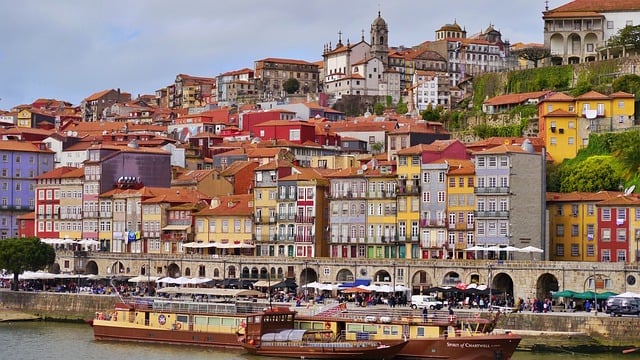
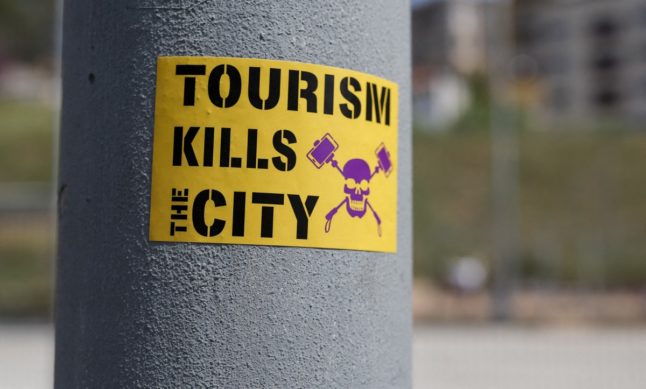
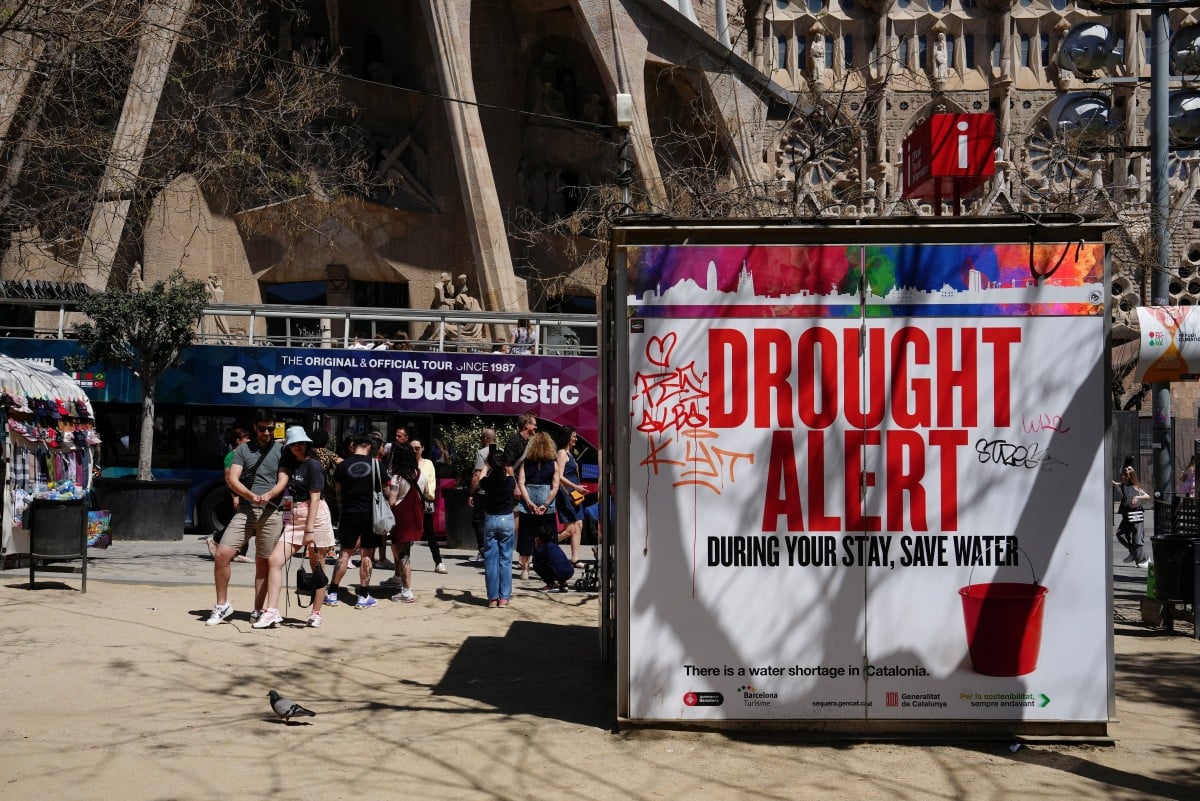
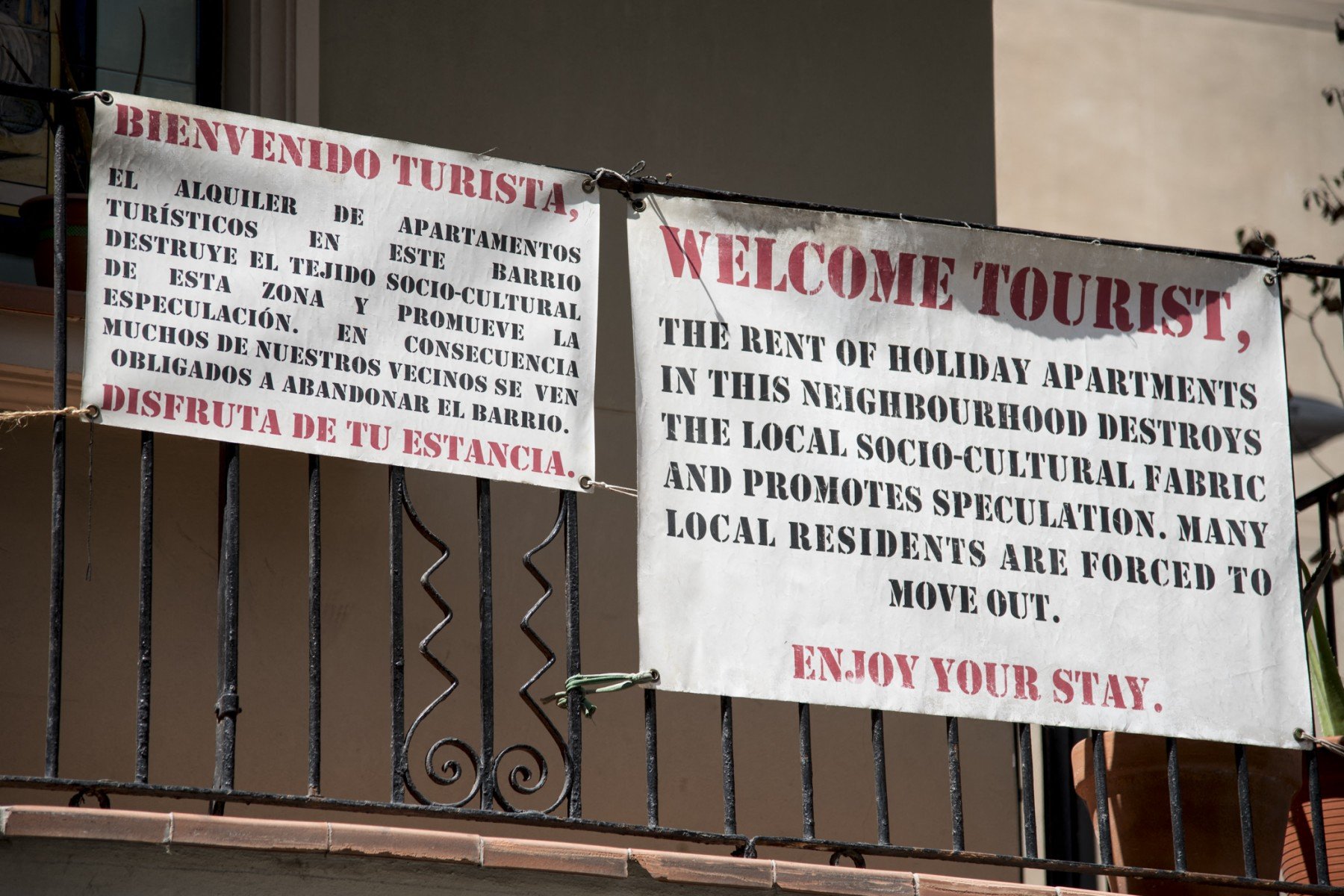
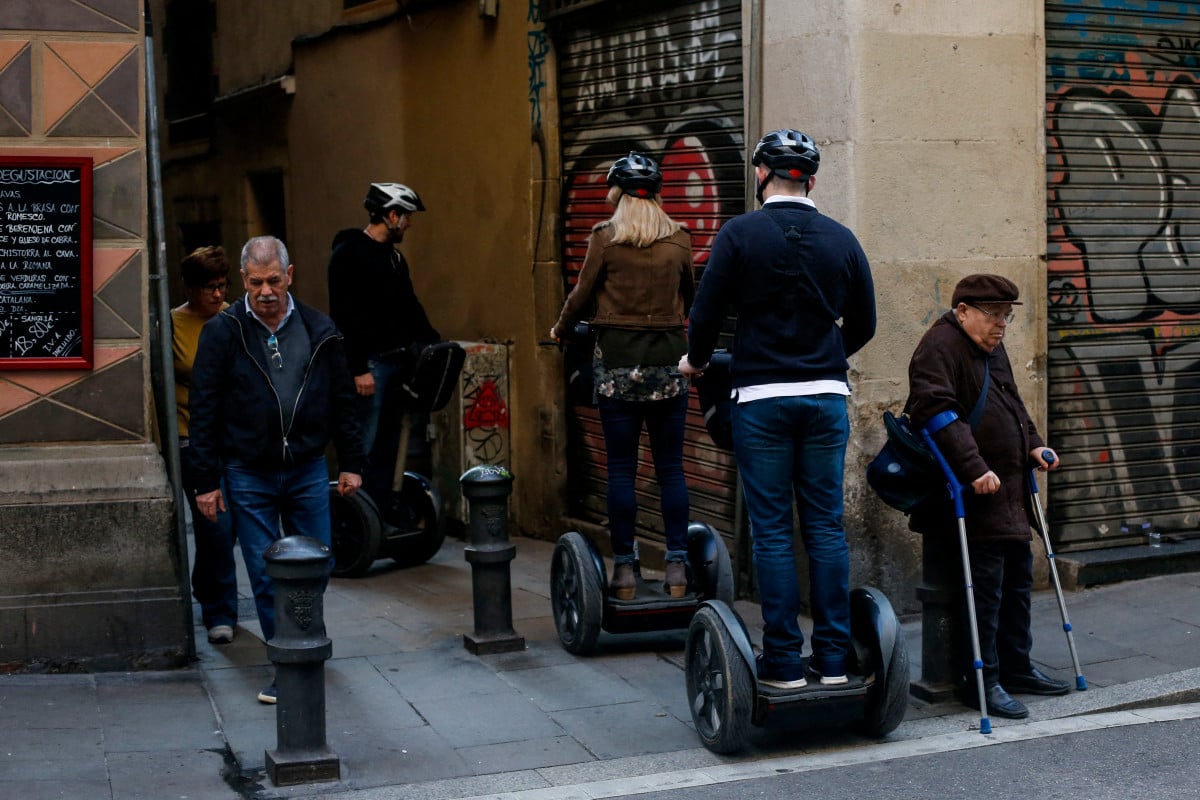
 Please whitelist us to continue reading.
Please whitelist us to continue reading.
Member comments